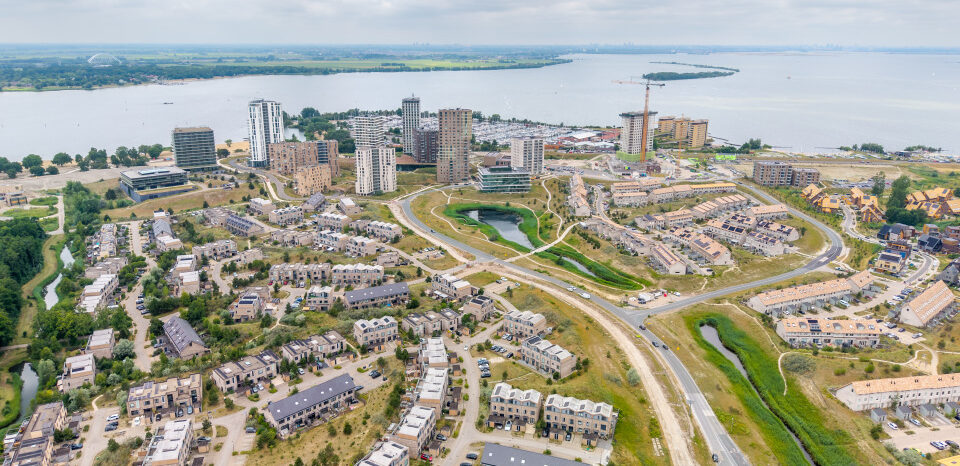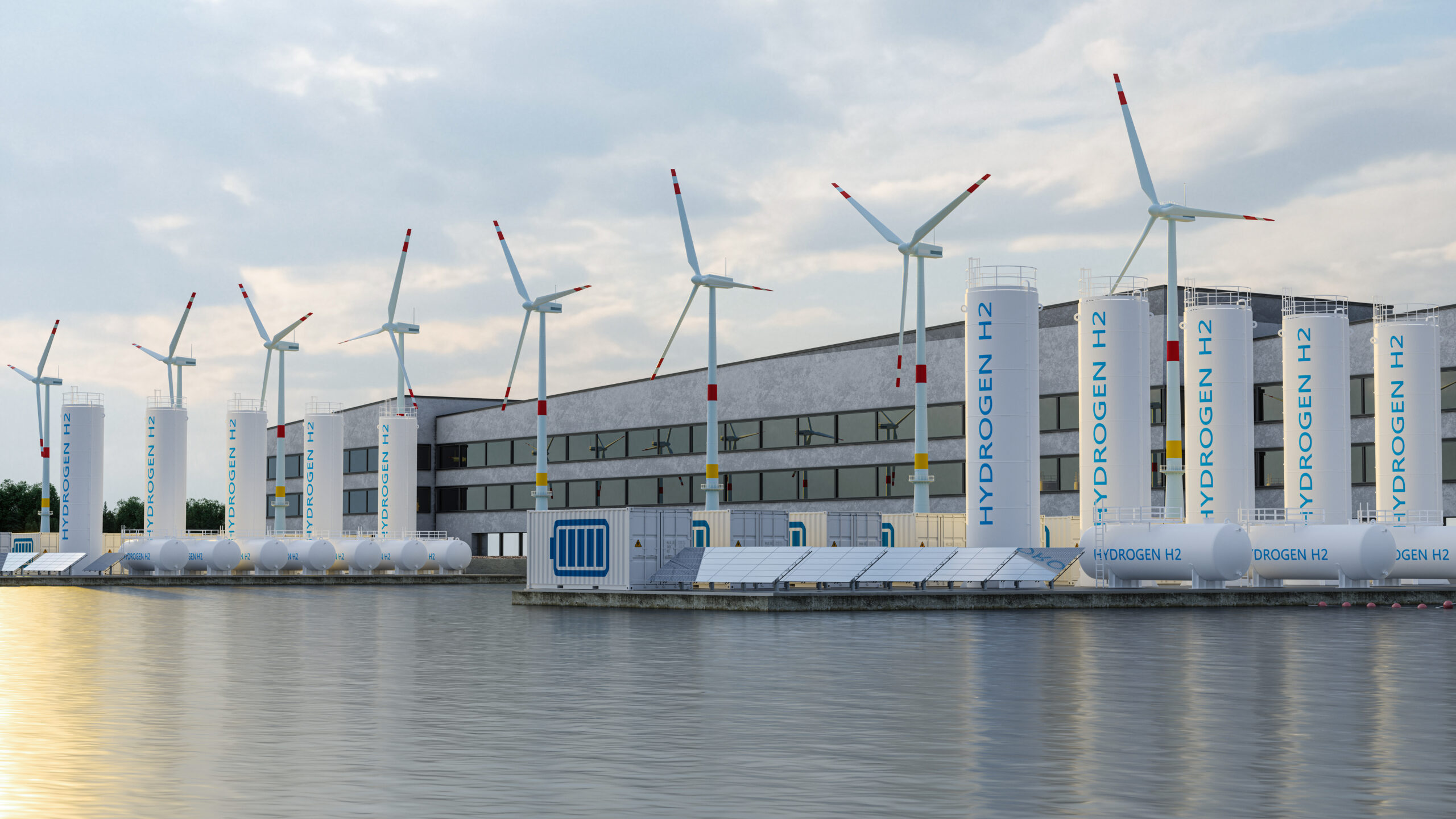Recent scrutiny around the credibility of carbon credits has prompted a strategic reassessment across the energy value chain. Companies are no longer content with generic offset purchases; instead, they are integrating carbon credits into their decarbonisation strategies with a sharper focus on measurable outcomes and long-term value creation. This shift is not just about compliance or reputation—it’s about building resilient business models that can thrive in a low-carbon economy.
The voluntary carbon market is rapidly evolving, shaped by a growing demand for credible, transparent solutions that align with both business objectives and broader economic realities. At its core, a carbon credit is a tradable certificate representing the reduction or removal of one metric ton of CO₂ or its equivalent—an essential tool for organisations seeking to balance their emissions portfolios and demonstrate leadership in climate stewardship.
The numbers speak for themselves: high-quality carbon credits could enable the removal or avoidance of up to 2 gigatons of CO₂ annually by 2030, a scale of impact that is indispensable for meeting global climate ambitions. But the market is moving beyond volume. Today, there is a clear premium on credits that deliver tangible co-benefits—such as biodiversity, water security, and community development—alongside emissions reductions. In fact, credits with robust environmental and social value are commanding prices up to 60% higher than standard offerings, reflecting a market that rewards integrity and innovation.
We’re also seeing a diversification in the types of credits available. While forestry and renewable energy projects dominated supply in 2020, accounting for 80% of the market, their share dropped to 70% by 2023 as new project types gained traction. This diversification is enabling companies to tailor their offset strategies more precisely, aligning with sector-specific needs and risk profiles.
At Xynteo, our work with a range of industry leaders has underscored the importance of rigorous project design, transparent monitoring, and genuine stakeholder engagement. These are not just best practices—they are prerequisites for building trust and unlocking the full economic and societal value of carbon markets.
So, what does this mean for your business? The future of voluntary carbon markets lies in solutions that are both economically sound and socially meaningful. Companies that act now to embed integrity and impact into their carbon strategies will be best positioned to capture new opportunities, manage risks, and contribute to a more sustainable energy future.
If you want to explore how Xynteo can help you navigate this dynamic landscape and craft a carbon strategy that delivers real value, reach out to Erik below.
Contact Erik


